Researchers use AI to identify letters in a papyrus scroll charred by the eruption of Mount Vesuvius in 79 AD.
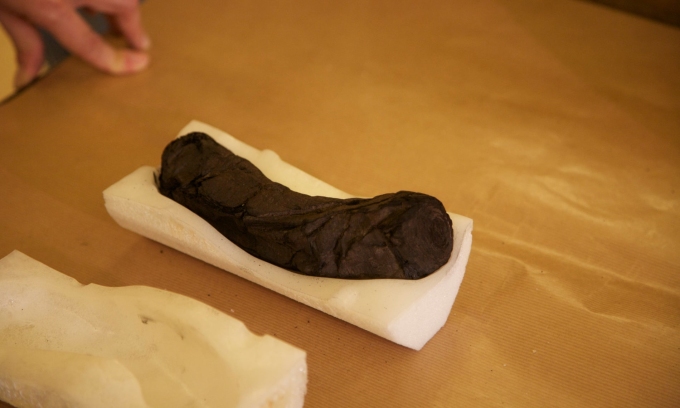
A Herculaneum papyrus scroll. Photo: Guardian
Youssef Nader, a PhD student in Germany, Luke Farritor, a SpaceX intern in the US, and Julian Schilliger, a Swiss robotics student, won a $700,000 prize on February 5 for using artificial intelligence (AI) to read a 2,000-year-old scroll charred by the eruption of Mount Vesuvius.
The Herculaneum Papyri are a collection of about 800 Greek scrolls carbonized in the volcanic eruption that buried the ancient Roman town of Pompeii in 79 AD, according to the Vesuvius Challenge organizers. Like hardened ash, the scrolls are badly damaged and even crumble when people try to open them. They are now housed at the Institut de France in Paris and the National Library of Naples. The Vesuvius Challenge organizers have conducted high-resolution CT scans of four of the scrolls and are offering prizes worth about $1 million to promote their study.
The trio of researchers, Nader, Farritor and Schilliger, used AI to help identify ink on papyrus, finding Greek letters that were faded and nearly illegible. “Some texts can completely rewrite the history of important periods in the ancient world ,” said Robert Fowler, president of the Herculaneum Society. The Vesuvius challenge requires researchers to decipher four passages of at least 140 characters, with at least 85% of the characters being recoverable.
Last year, Farritor deciphered the first word in a scroll—“purple” in Greek. They have now deciphered about 5 percent of the scroll. The author of the scroll, likely the philosopher Philodemus, wrote about music , food, and enjoying life’s pleasures, according to Nat Friedman, a member of the organizing committee. Friedman said the next phase of the competition will push research to decipher 85 percent of the scroll.
The restoration of the ancient texts would be a major breakthrough. According to data from the University of California Irvine, it is estimated that only 3% to 5% of ancient Greek texts survive. "This is the beginning of a revolution in the study of the Herculaneum papyri and Greek philosophy in general. This is the only library that has come down to us from ancient Rome," said Federica Nicolardi, an expert at the University of Naples Federico II.
Thu Thao (According to AFP )
Source link



![[Photo] Prime Minister Pham Minh Chinh receives President of Cuba's Latin American News Agency](/_next/image?url=https%3A%2F%2Fvphoto.vietnam.vn%2Fthumb%2F1200x675%2Fvietnam%2Fresource%2FIMAGE%2F2025%2F12%2F01%2F1764569497815_dsc-2890-jpg.webp&w=3840&q=75)







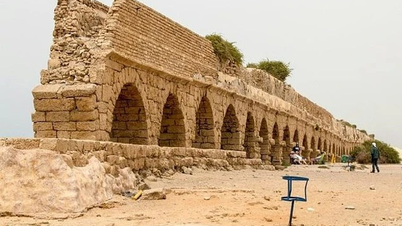








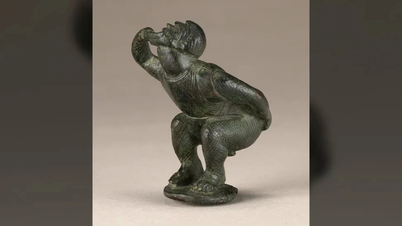





















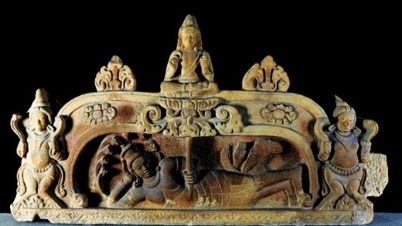






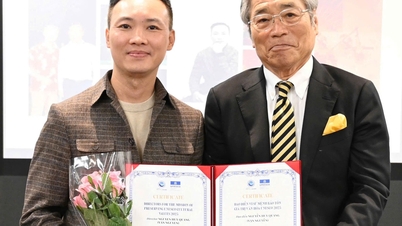








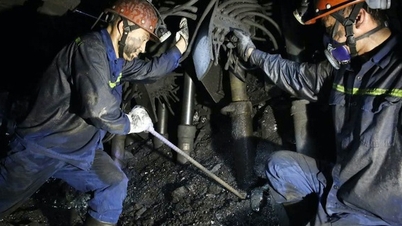



















































Comment (0)